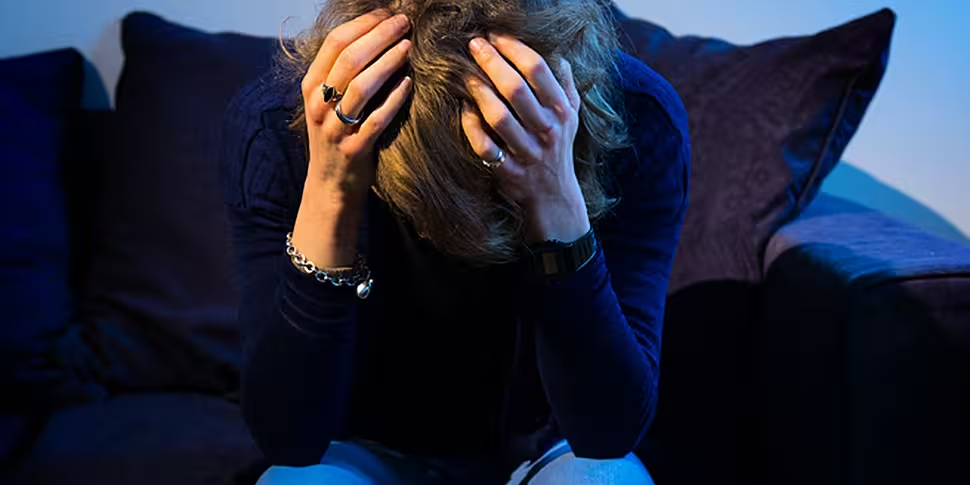Migraines can be a headache for people - quite literally.
The intense pain associated with migraines can leave sufferers unable to function, with a third of people suffering requiring complete bed rest.
Speaking on The Pat Kenny Show, Dr Jennifer Dineen, Neurologist at the Beacon Hospital, explained what causes a migraine.
"The pain receptors that are on the surface of the brain become sensitised and that generates the pain," she said. "It's a very throbbing, pulsating pain."
Other symptoms associated with migraines include sensitivity to light and sound, nausea and vomiting.
"It can be extremely debilitating when it takes hold," she explained.
Sufferers usually present with migraine headaches in their teenage years, and continue into adult life.
Triggers
For those suffer with frequent migraines, Dr Dineen listed several triggers for people, including:
- Alcohol
- Lack of sleep
- Hunger
- Dehydration
- Exposure to very bright light
When it comes to identifying triggers, Dr Dineen recommended keeping a 'migraine diary'.
"That way, you can establish how frequent your migraine headaches occur and if there's anything that consistently seems to be associated with them."
Certain dietary factors can trigger migraines, but this will depend person-to-person. Again, Dr Dineen explained that the only way to establish whether something is a trigger or not is regularly monitoring them.
Prevention
After starting a migraine diary, Dr Dineen said management should be divided into two parts - pain medication to deal with the pain, and medication to deal with the onset of pain. Again, however, treatment is very individualised.
"In general, if you suffer on more than 10 - 15 days per month, you should be on preventive medication," she said. "However, if you have only four migraines per month and they're extremely debilitating, that would also be a good indication to be on regular preventive treatment."
Preventive therapy should be taken under medical supervision.
In terms of natural preventive measures, Dr Dineen recommended getting enough sleep, exercising regularly, eating regularly and limiting caffeine and alcohol intake.









